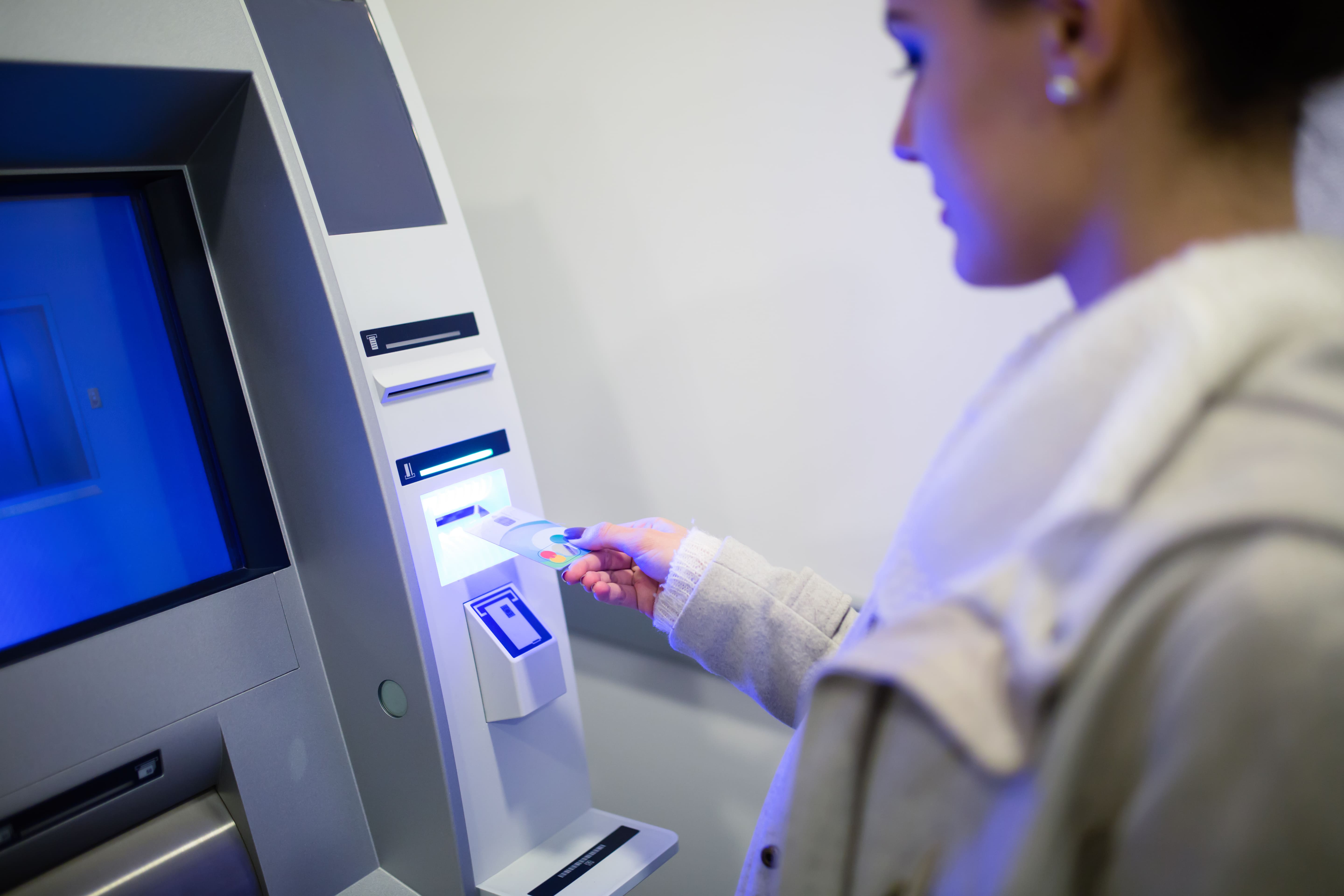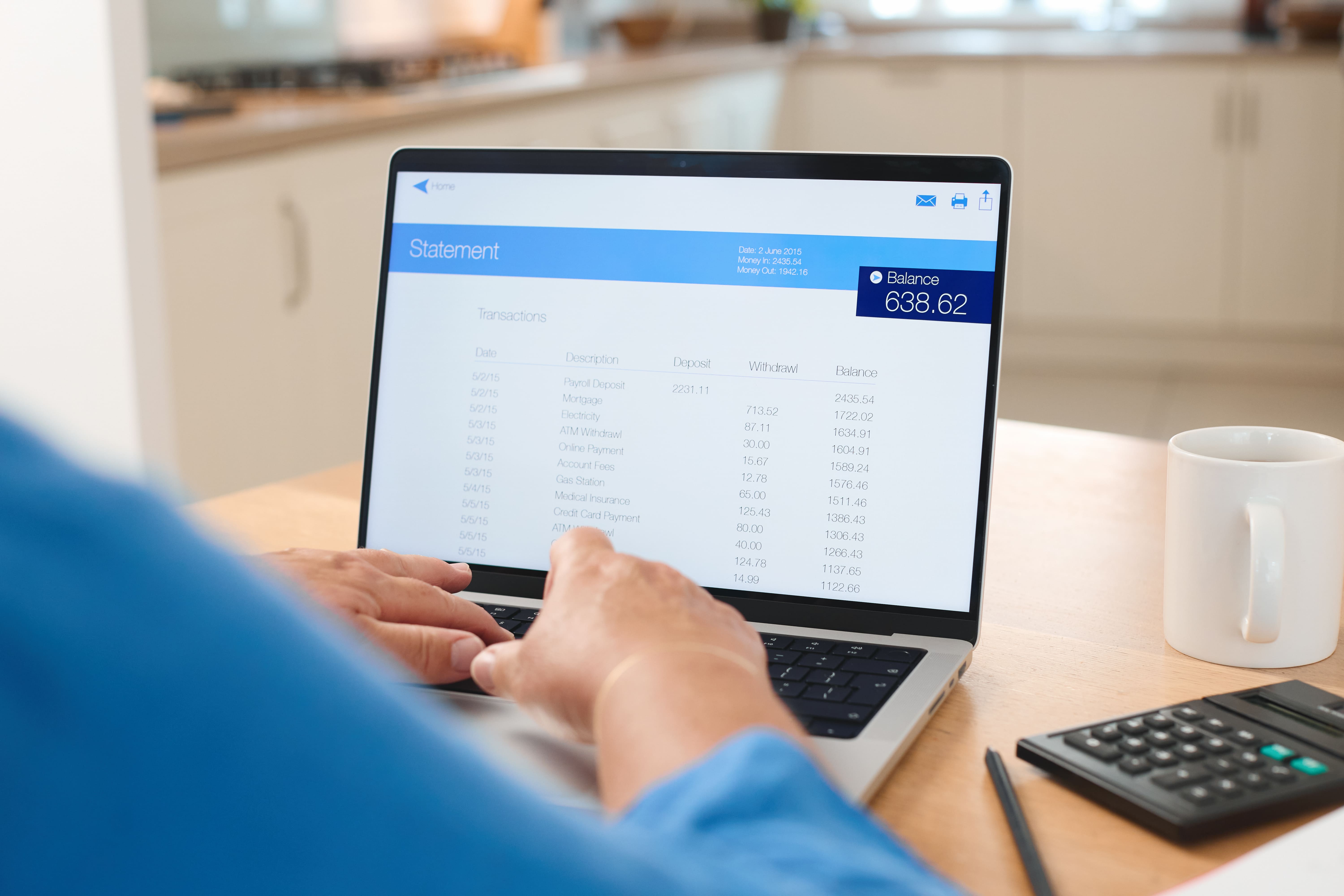Managing rental properties efficiently requires modern solutions for collecting rent. As a landlord, you understand the challenges of manual payment methods, from chasing checks to tracking cash.
Embracing bank transfer rent payments, particularly through the Automated Clearing House (ACH) network, offers a secure, swift, and automated way to streamline your operations and enhance your financial control.
Key takeaways
- Bank transfer rent payments, especially ACH, offer a secure and efficient way to collect rent electronically.
- ACH payments provide benefits like low fees, faster settlement, and robust fraud prevention measures.
- Automated rent collection through platforms significantly reduces administrative burden and increases on-time payments.
- Landlords can set up recurring ACH payments easily, improving cash flow predictability.
- Integrating bank transfers with property management banking solutions enhances financial tracking and reporting.
What are bank transfer rent payments?
Bank transfer rent payments involve electronically moving funds directly from a tenant's bank account to a landlord's account. This method largely relies on the ACH system, a network that processes large volumes of electronic credit and debit transactions. The ACH system facilitates these transfers across U.S. financial institutions.
ACH payments are a digital alternative to paper checks, offering both landlords and tenants a more streamlined experience. This system enables landlords to easily collect rent via bank transfer, reducing the need for manual processing. Understanding what ACH banking is is fundamental for modern property management.
How ACH payments streamline rent collection
ACH payments simplify the rent collection process, moving it away from time-consuming manual tasks. For landlords accepting bank transfers, this means fewer trips to the bank and reduced paperwork. Automated systems powered by ACH help to ensure consistent and timely rental income.
Integrating ACH payments into your workflow through a dedicated platform improves overall property management payment processing. This transition helps you save time and focus on growing your portfolio.
Safety and security of bank transfer rent payments
Security is a top priority for any financial transaction, and bank transfer rent payments offer robust protection. ACH transactions are generally considered safer than traditional methods like checks, which can be lost or intercepted. Modern systems employ multiple layers of security to protect sensitive financial data.
These measures include encryption, two-factor authentication, and identity verification protocols. Additionally, banks and payment processors utilize fraud monitoring to detect and prevent unauthorized activity, safeguarding both landlords and tenants. Secure bank linking further ensures that tenant financial data remains protected throughout the transfer process.
Speed and same-day ACH benefits for landlords
The speed of bank transfer rent payments can significantly improve your cash flow. Standard ACH payments typically settle within 1–3 business days, providing a predictable timeframe for funds to arrive. This makes collecting rent via bank transfer a reliable option for consistent income.
For even faster processing, Same-Day ACH options are increasingly available, allowing funds to settle on the same business day. Faster processing helps landlords access their rental income sooner, supporting timely expense payments and investment decisions. An ACH direct deposit provides reliable and quick fund transfers.
Automation advantages: Recurring payments and reduced errors
Automation is one of the most significant benefits of using bank transfer rent payments for landlords. You can set up recurring payments that automatically debit tenants' accounts on predetermined dates. This eliminates the need for manual invoicing and constant reminders.
Automated systems also generate payment reminders and automatically apply late fees according to lease terms. This greatly reduces the administrative burden, freeing up valuable time for landlords. Manual processes typically lead to error rates of 5-8%, but automation can reduce this to less than 1%. Leveraging ACH receivables streamlines incoming funds.
Setting up bank transfer rent payments: what landlords need to know
To begin accepting bank transfer rent payments, you will need an ACH enabled bank account. This type of account allows for electronic fund transfers via the ACH network. Most modern bank accounts are ACH-enabled, but confirming with your financial institution is always a good practice.
Tenants will need to provide their bank account number and ACH routing number to authorize payments. Many landlord software platforms, like Baselane, offer integrated solutions that simplify this setup. These platforms facilitate obtaining tenant authorization and managing recurring rent payments. For other expenses, landlords can also easily send ACH payment online for vendor bills.
Comparing bank transfers with other rent payment methods
Bank transfer rent payments offer distinct advantages over alternative collection methods. While checks are traditional, they are slow, prone to bouncing, and require manual deposits. Wire transfers are fast but often carry higher fees and are irreversible, making them less ideal for recurring rent.
Payment apps (e.g., Venmo, PayPal) might seem convenient but often lack landlord-specific features like automatic late fees or detailed transaction tagging. ACH payments offer a balance of low processing fees—50-70% cheaper than credit cards—and robust features specifically designed for recurring transactions. Understanding the differences, such as ACH vs check, can guide your choice.
Common risks and best practices to mitigate them
While bank transfers are largely secure, landlords should be aware of potential risks. Bank transfers, once initiated, are generally irreversible, meaning a landlord cannot easily recall funds if an error occurs. This irreversibility makes verifying recipient details crucial before initiating any transfer.
Scams are another concern, as fraudsters may attempt to trick tenants or landlords into sending funds to incorrect accounts. Always confirm bank details directly with your tenant or landlord through a separate, secure communication channel. Using secure networks and regularly monitoring bank accounts for unusual activity are vital best practices to protect your finances.
Adoption trends and market data on ACH rent payments
The shift toward electronic payments is undeniable, with ACH rent payments leading the way. In Q2 2024, the ACH network processed 8.3 billion payments, marking a 6.3% increase over the previous year. Annually, ACH payment volume rose 5% to 8.7 billion, totaling $23.3 trillion, representing a 7.9% growth.
Tenants increasingly prefer online payment options, with 69% favoring online rent payments and 8 in 10 wanting no additional fees for online transactions. A 2023 Zillow report indicates that 60% of tenants now pay rent online. These trends highlight the importance of landlords accepting bank transfers to meet tenant expectations and market demands.
Maximizing financial control with dedicated bank accounts
For real estate investors, organizing finances by property is crucial for clarity and tax preparation. Using dedicated bank accounts, or sub bank accounts, for each rental property helps keep income and expenses separate. This practice simplifies tracking and ensures accurate financial reporting.
Platforms like Baselane allow landlords to create unlimited accounts for each property, security deposits, and rehab savings. This structure provides a clear view of financial performance for individual units or your entire portfolio. You can also leverage sub savings accounts to grow your money with a high Annual Percentage Yield (APY) on deposits, such as [v="apyvalue"] APY² offered by Baselane banking.
Integrating rent payments with financial tracking and reporting
Collecting rent via bank transfer is just one piece of the financial puzzle for landlords. The true benefit comes when these payments seamlessly integrate into your overall financial management system. This ensures accurate bookkeeping and clear insights into your property's performance.
Baselane’s banking solution automatically tags all transactions by property and Schedule E category, directly integrating rent income with your bookkeeping. This streamlined process is essential for the best way to track rental income and prepares you for tax season. With automatic categorization and real-time cash flow insights, you can make smarter decisions and maximize your finances. Managing ACH payables is equally simplified with these integrated tools.
Legal and practical considerations for landlords accepting bank transfers
When deciding to accept rent payment via bank transfer, landlords should be aware of any state-specific regulations regarding payment methods. While most jurisdictions allow landlords flexibility, clear communication with tenants about accepted methods is vital. It is also important to outline the process for setting up recurring payments and any associated terms in the lease agreement.
Practically, platforms that facilitate bank transfer rent payments often provide tenant portals for easy setup and management. This transparency helps ensure compliance and a smooth experience for both parties. Always confirm tenant authorization for ACH debits to avoid disputes.
Conclusion
Embracing bank transfer rent payments, powered by ACH, marks a significant step forward for landlords seeking efficiency, security, and automation. By modernizing your rent collection process, you can reduce administrative burdens, ensure more consistent cash flow, and gain greater financial clarity. This allows you to reclaim valuable time, enhance control over your investments, and focus on growing your real estate business.
Streamline your rental property finances with Baselane's integrated banking and financial tools. Create an account today to experience automated rent collection, intelligent bookkeeping, and real-time financial insights designed specifically for landlords.
FAQs
What is a bank transfer rent payment?
A bank transfer rent payment is an electronic transaction that moves funds directly from a tenant's bank account to a landlord's account, typically using the ACH network. This method offers a secure and efficient alternative to traditional paper checks.
How do ACH payments make collecting rent safer?
ACH payments are safer due to features like encryption, two-factor authentication, and robust fraud monitoring systems. They also eliminate the risk of lost or stolen paper checks, protecting sensitive financial information.
Can landlords automate rent collection using bank transfers?
Yes, landlords can automate rent collection by setting up recurring ACH payments through property management platforms. This system sends automated reminders and can even apply late fees, significantly reducing manual effort.

















